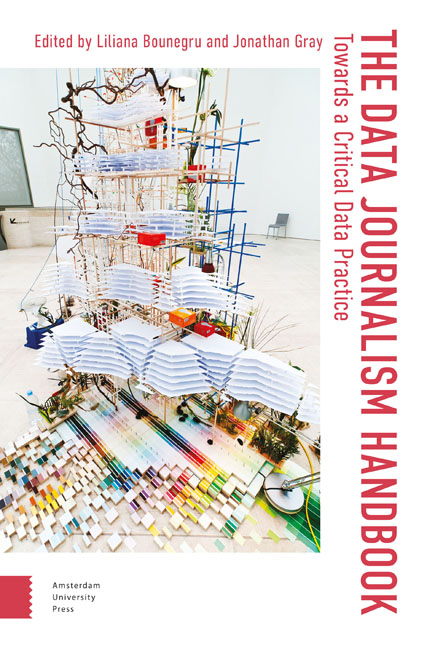20 - Working Openly in Data Journalism
Summary
Abstract
This chapter examines some examples and benefits of data journalists working more openly, as well as some ways to get started.
Keywords: data journalism, open source, free software, transparency, trust, programming
Many prominent software and web projects—such as Linux, Android, Wikipedia, WordPress and TensorFlow—have been developed collaboratively based on a free flow of knowledge. Stallman (2002), a noted hacker who founded the GNU Project and the Free Software Foundation, says that when he started working at MIT in 1971, sharing software source code was as common as exchanging recipes.
For years such an open approach was unthinkable in journalism. Early in my career as a journalist, I worked with open-source communities in Brazil and began to see openness as the only viable path for journalism. But transparency hasn't been a priority or core value for journalists and media organizations. For much of its modern history, journalism has been undertaken in a paradigm of competition over scarce information.
When access to information is the privilege of a few and when an important finding is only available to eyewitnesses or insiders, ways of ensuring accountability are limited. Citing a document or mentioning an interview source may not require such elaborate transparency mechanisms. In some cases, preserving the secrecy means ensuring the security of the source, and is even desirable. But when information is abundant, not sharing the how-we-got-there may deprive the reader of the means to understand and make sense of a story.
As journalists both report on and rely on data and algorithms, might they adopt an ethos which is similar to that of open-source communities? What are the advantages of journalists who adopt emerging digital practices and values associated with these communities? This chapter examines some examples and benefits of data journalists working more openly, as well as some ways to get started.
Examples and Benefits of Openness
The Washington Post provided an unprecedented look at the prescription opioid epidemic in the United States by digging into a database on the sales of millions of painkillers. They also made the data set and its methodology publicly accessible. This enabled local reporters from over 30 states to publish more than 90 articles about the impact of this crisis in their communities (Sánchez Díez, 2019).
- Type
- Chapter
- Information
- The Data Journalism HandbookTowards A Critical Data Practice, pp. 138 - 142Publisher: Amsterdam University PressPrint publication year: 2021

